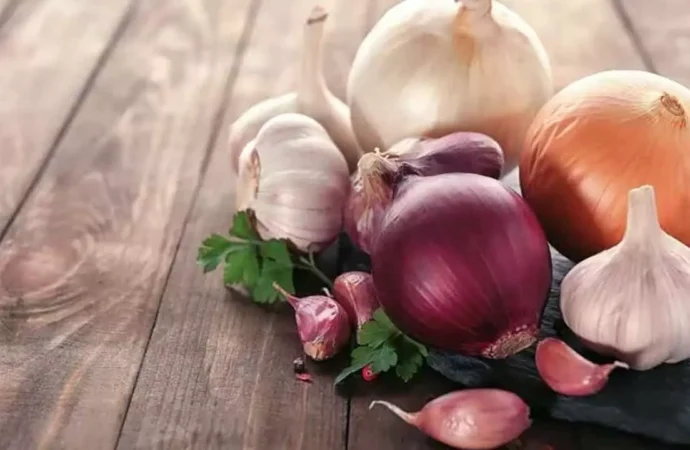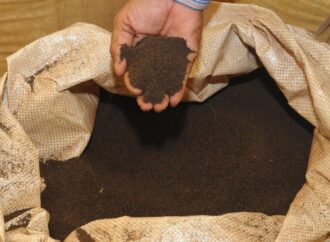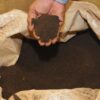Overview
If you love the irresistible aroma of garlic and onions sizzling in hot oil, here’s a health tip that may surprise you. A study by Japanese researchers reveals that cooking garlic and onions in vegetable oil at high temperatures can produce trans-fatty acids (TFAs)—harmful fats that are detrimental to heart health.
What Are TFAs, and Why Should You Care?
TFAs are dangerous fats that accumulate along artery walls, restricting blood flow and increasing the risk of heart attacks. While TFAs are often linked to processed junk food, this study highlights that they can also form in home kitchens. When unsaturated fatty acids (UFAs)—typically considered healthy fats—are heated above 150°C, they undergo a chemical change called trans-isomerisation, transforming into TFAs.
The Role of Sulphur Compounds
Researchers from Meijo University, Japan explored how sulphur-containing compounds in vegetables like garlic, onions, leeks, and scallions contribute to TFA formation. The findings, led by Dr Masaki Honda, revealed that these compounds significantly promote the transformation of UFAs into TFAs when cooked in oil at high temperatures.
To mimic real cooking conditions, the study tested various ingredients such as garlic, onion, leek, cabbage, horseradish, broccoli sprouts, and oils like soybean and olive oil. The researchers found that temperatures exceeding 140°C are critical for this reaction. Even antioxidants like alpha-tocopherol (a form of Vitamin E) could only partially reduce the isomerisation caused by isothiocyanates, offering limited protection against TFA formation promoted by polysulfides.
Should You Be Concerned?
Before you ban garlic and onions from your kitchen, it’s important to note that the amount of TFAs generated under normal cooking conditions is minimal. However, the study warns that cooking with sulphur-rich vegetables at high temperatures may increase TFA intake.
Why It Matters
TFAs are a global health concern, linked to over 278,000 deaths annually, according to the World Health Organization (WHO). The WHO recommends keeping TFA consumption below 1% of daily energy intake to mitigate health risks.
Healthy Cooking Tips to Minimize TFA Formation
- Avoid overheating oils; stick to medium heat for sautéing instead of deep frying.
- Incorporate antioxidant-rich ingredients into your recipes to counteract TFA formation.
- Be mindful of cooking temperatures, especially when preparing meals with sulphur-rich vegetables like garlic and onions.
While garlic and onions remain a staple of healthy cooking, adopting these practices can help ensure your meals are both flavorful and heart-friendly.
Source: Mathrubhumi
 Food Manifest
Food Manifest 

















